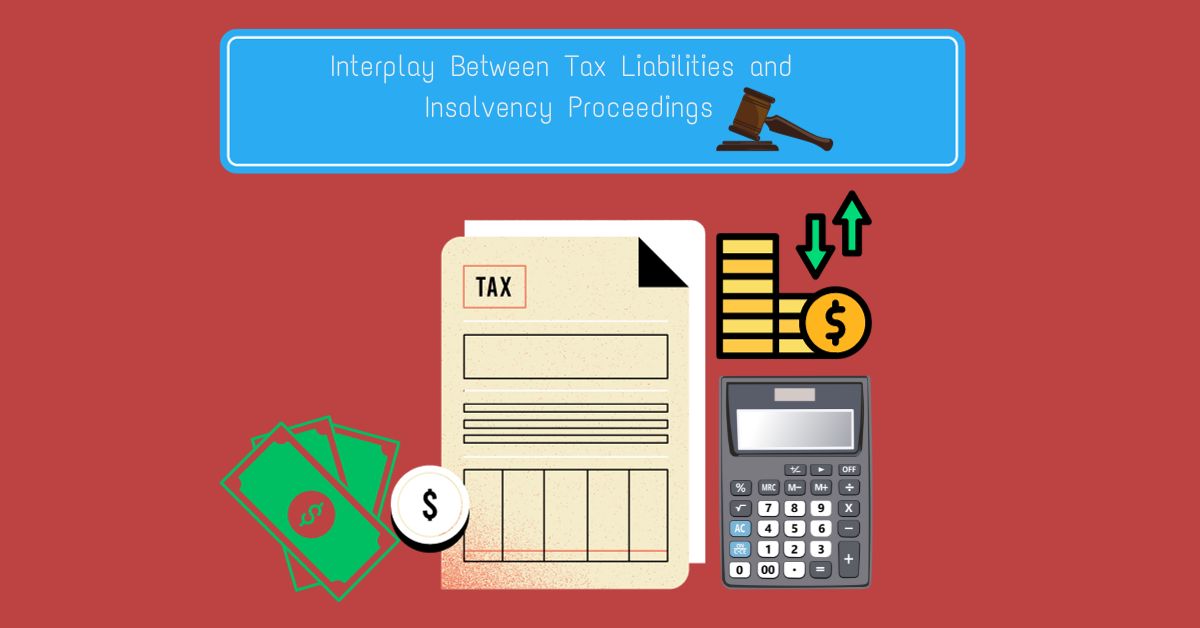Introduction
- Vicarious Liability Principle: The Court elucidated that under Section 88(3) of the CGST Act, the directors of a company shall be jointly and severally liable for unpaid taxes of a liquidated company, unless they can prove non-recovery was not due to their gross neglect or breach of duty.
- Filing Claims with the Official Liquidator: The court emphasized that the appropriate procedure for respondents (tax authorities) is to file claims with the Official Liquidator. Only if it’s determined there are no funds available for tax recovery from the company, a new cause of action could arise against the ex-directors.
- Current Case Stance: In this specific case, the issue of fund availability with the Official Liquidator for claim disbursement was undecided. Hence, there was no cause of action to initiate recovery from the ex-directors at the moment.
- Judgment: The court set aside the impugned orders demanding taxes from the petitioner (ex-director) and stated that respondents could proceed against ex-directors only if the Official Liquidator concludes that there are insufficient funds to cover the tax dues.
Analysis and Implications Between Tax Liabilities and Insolvency Proceedings
This judgment is a landmark in understanding the nuanced relationship between tax liabilities and insolvency proceedings. It clarifies that tax authorities must follow due process in insolvency cases. It protects ex-directors from premature liability and emphasizes the necessity of assessing the company’s financial position by the Official Liquidator before seeking recovery from directors. This judgment is a significant step in ensuring fair treatment in insolvency proceedings and delineating the responsibilities of tax authorities.
Conclusion on Interplay Between Tax Liabilities and Insolvency Proceedings
The Madras High Court’s ruling in “Smt. K. Malathi Vs. State Tax Officer and Ors.” provides a detailed legal framework for understanding the interaction between tax liabilities and insolvency proceedings. It underlines the significance of procedural accuracy and judicial acknowledgment in insolvency applications and delineates the boundaries within which tax authorities must operate. This judgment will serve as a guiding precedent for future cases involving the interplay of these two pivotal financial legislations.
Learn More : Tax Liabilities and Insolvency Proceedings Interplay
- 1. taxguru.in
- 2. cbic-gst.gov.in
- 3. groww.in
- 4. aubsp.com
- 5. indiankanoon.org
- 6. taxguru.in
- 7. taxguru.in














